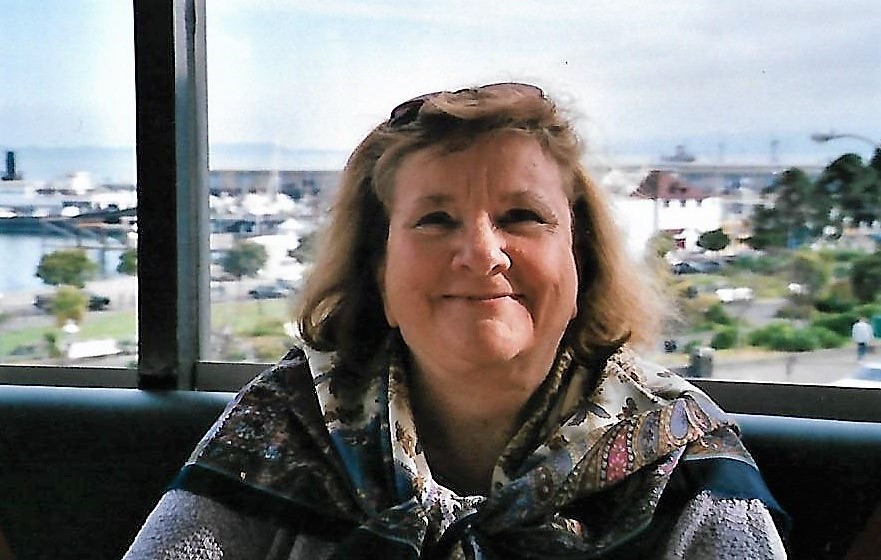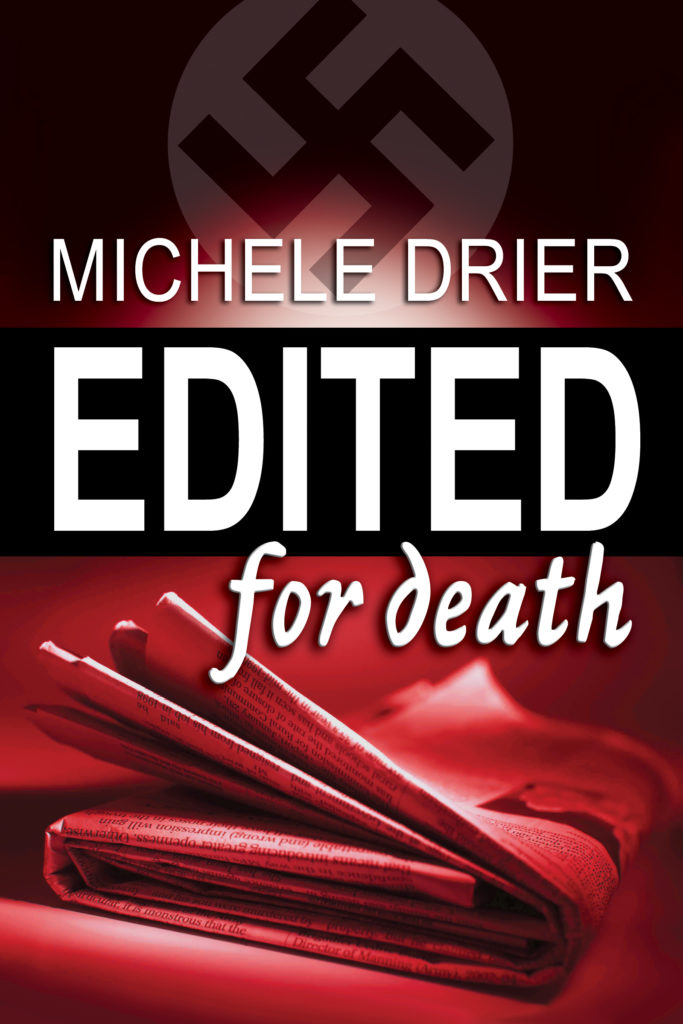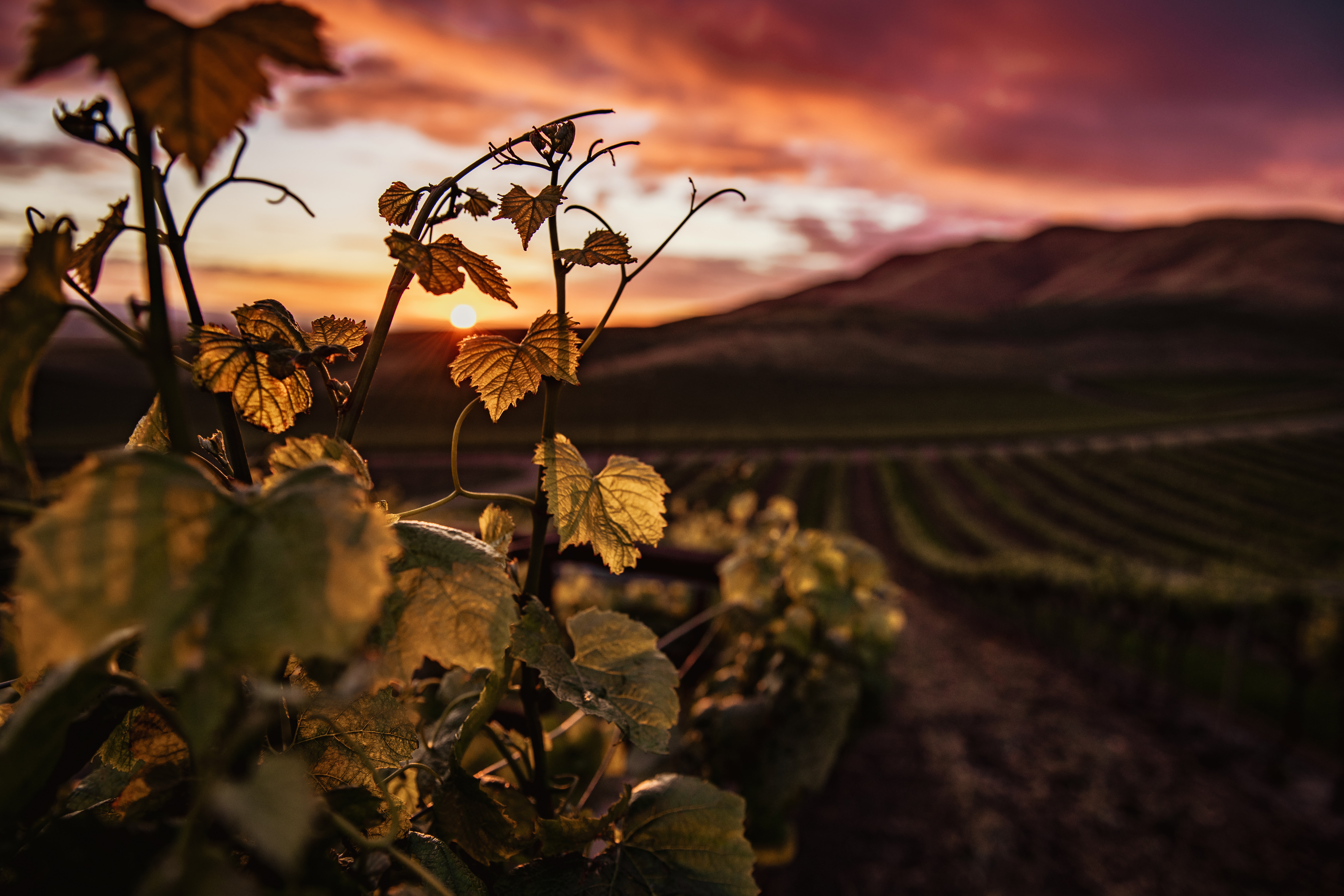By Scott Thomas Anderson
For some mystery aficionados, storytelling with a sense of place is so crucial to a book’s lasting appeal that every quirk and nuance of a writer’s backyard becomes a possible point of inspiration.
That’s the case for Michele Drier, a Sacramento slinger of sleuth tales whose plots are fueled by her years as an intrepid newspaper journalist. Drier’s series of Amy Hobbes who-done-its use the greater Capital area as a muse; and the author says she has two more installments on the way before she’s done drawing on the region’s absorbing afterglow.

Drier got her first shot at being an “ink-stained wretch” in 1968 when she was hired as a features writer by The San Jose Mercury News. It was the start of a career she cherished – one with plenty of amusing peculiarities. Among the occupational oddities Drier noticed was an omni-present daydreaming from her colleagues.
“Most of the people I worked with there had some unfinished novel hidden in a desk drawer,” she remembered. “I thought, ‘I could probably do that.’”
By the early 90s, Drier was working as a city editor for The Lodi News-Sentinel. That’s when her thoughts on a true foray into fiction began to percolate. By 2000, as Drier was wrapping up a stint at The Modesto Bee, she started work on her first Amy Hobbes mystery, “Edited for Death.” It was eventually published in 2011.
The story introduces Hobbes, a journalist who’s walked away from the big bylines of Southern California in favor of a small-town community newspaper, one that bears a striking resemblance to The Lodi News-Sentinel. Hobbes and her crime reporter friend, Clarice Stamms, begin to investigate the death of a politician and World War II veteran at a historic Gold Rush hotel, the setting an amalgam of Jackson, Sutter Creek and Jamestown.
The idea of using one’s “own little postage stamp of native soil” to flesh-out stories, as William Faulkner phrased it, has become a powerful phenomenon in the mystery and suspense genres: Whether it’s the riddles of Leonardo Padura’s Havana Quartet, or James Elroy’s mid-century LA interrogations, or what Ian Rankin and Adrian McKinty have accomplished with Edinburgh and Belfast, respectively, the trend of authors using homegrown insights in their inventions is building loyal fandoms.
Drier stuck with that tactic for her second Amy Hobbes tale, “Labeled for Death,” which has its action set in the sprawling vineyards of San Joaquin County. The book opens with the killing of two farm workers; and the germ of its plot was loosely born from a case Drier covered at The Sentinel about fraud in the wine industry. In 2015, just as outrage from farmers and environmentalists was growing toward then-Governor Jerry Brown over his plan to bore destructive tunnels through the California Delta, the third Amy Hobbes mystery hit the stands. It was called, “Delta for Death.” Drier says she wrote the book while imagining how bad political tensions in the estuary could actually get over its blue liquid gold.
“Those books are really tied to this area,” Drier acknowledged of the entire series.

As Drier continues her journey with Amy Hobbes, she isn’t just farming concepts from her years in the newsroom, she’s also keeping her ear to Sacramento’s current political winds. The author regularly hangs out with a loose-knit group of former elected officials, all of whom are women. The circle includes former Sacramento mayors Anne Rudin and Heather Fargo.
Linda Townsdin, a writer who’s worked alongside Drier for nearly a decade in the Sacramento’s Sisters of Crime group, thinks that the Amy Hobbes novels are a fun and interesting addition to the region’s literary heritage.
“I’m a huge admirer of Michele’s talent and energy,” Townsdin said. “She has an innate curiosity, and that’s ultimately what makes her series set in Northern California so unique.”
The author added that Drier’s involvement in a Sacramento writers’ critique group has led her to fostering other hopefuls.
“Michele’s really generous with her time, and always willing to help others, especially fellow writers,” Townsdin noted. “She’s been a mentor to me, and I think a lot of other people, too.”
Recently, Drier struck on a second track of success with a paranormal-fantasy series about vampires who run an international tabloid magazine. This “SNAP” series has proven that she’s a powerhouse at keeping different projects moving along.
“There’s no definitive take on what I write, other than all the books have a mystery aspect,” she said. “I write every day, 500 to 3,000 words; and for me, my best time is usually in the afternoons. I spend my mornings reading the news, because so much of what I write delves into contemporary issues.”
As for producing the actual news rather than just consuming it – that’s something Drier does miss. She says there’s no way to overstate the ways her journalism career influenced her style of fiction.
“One of the things I liked about the job is that you’re in the immediacy of things happening,” she explained. “There’s that excitement and adrenalin and interest; and sometimes there’s even horror, which can be grisly, but absolutely fascinating. Being in the newsroom, you get to see what’s really behind the scenes.”
Scott Thomas Anderson is also the host of the ‘Drinkers with Writing Problems’ podcast


Be the first to comment on "Retired reporter in Sacramento uses the region’s intrigue as fuel for her mystery novels"